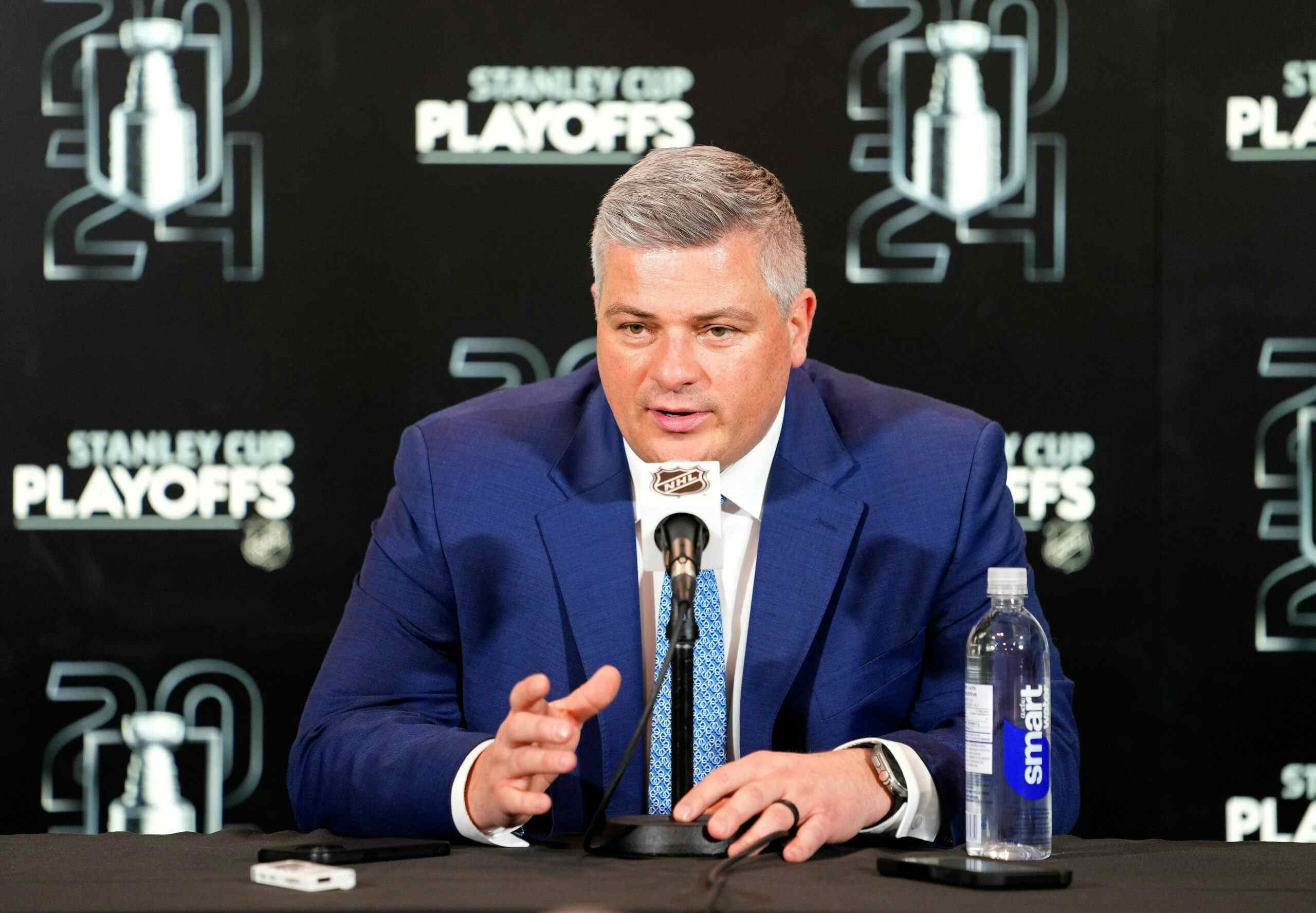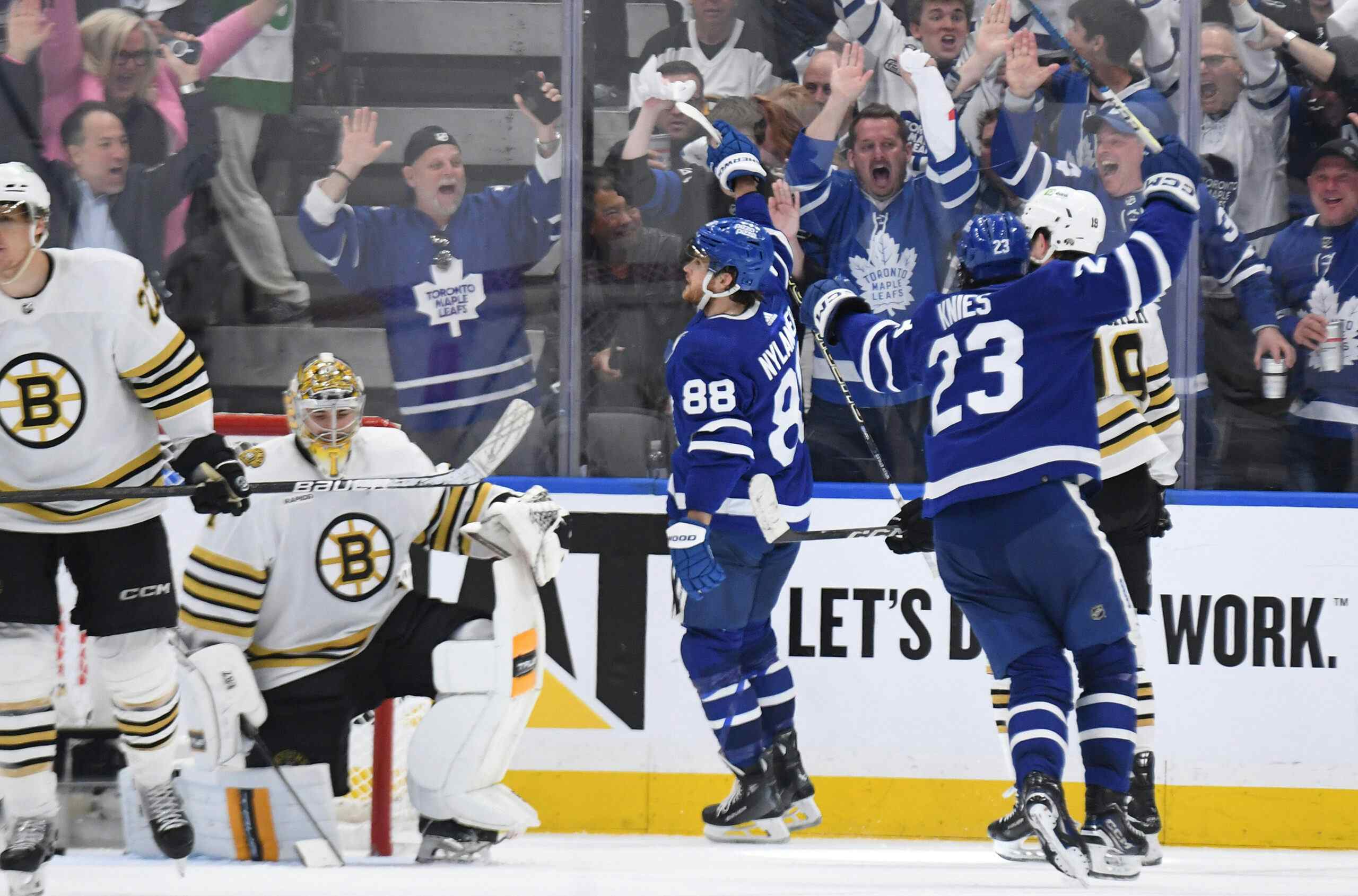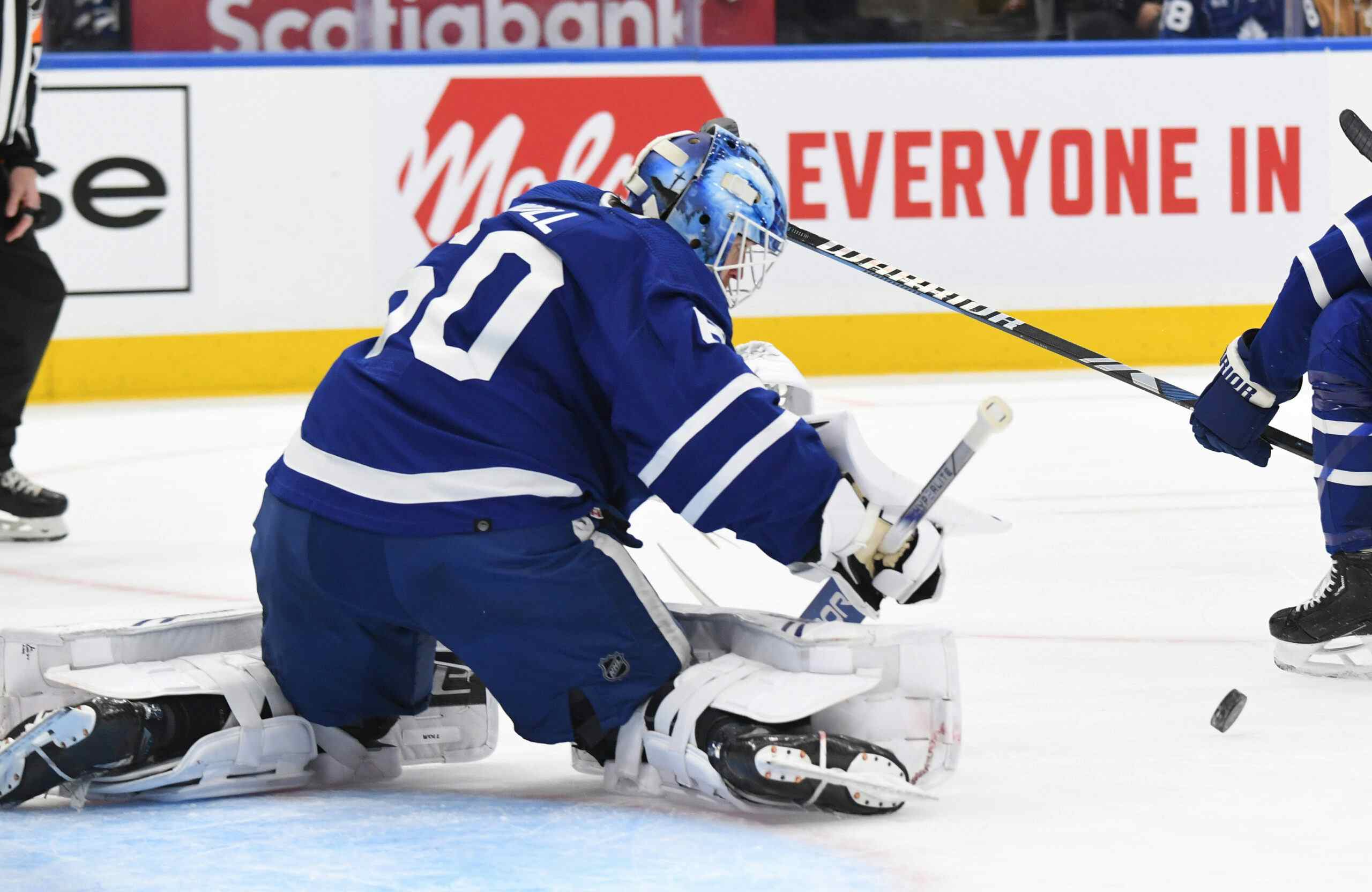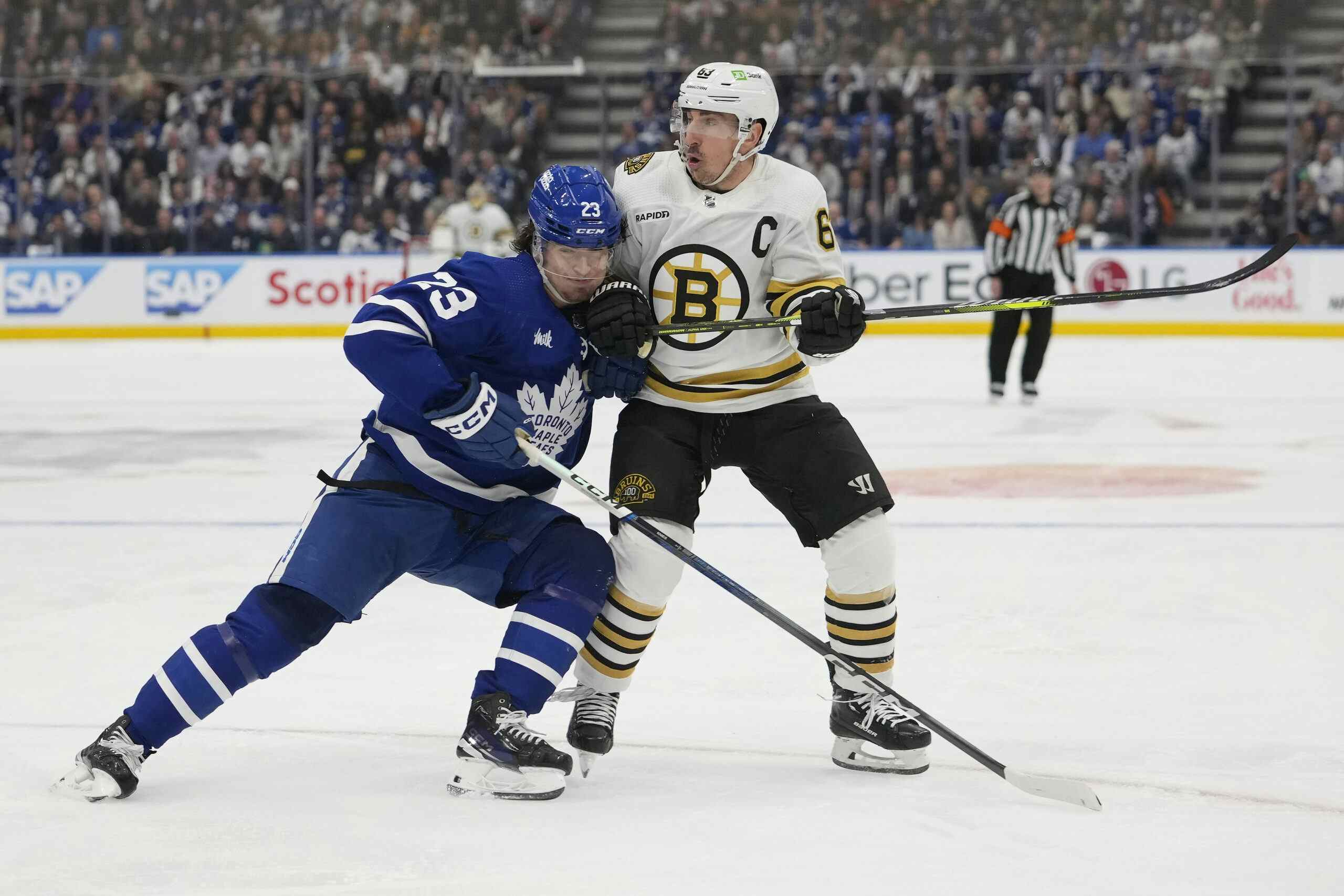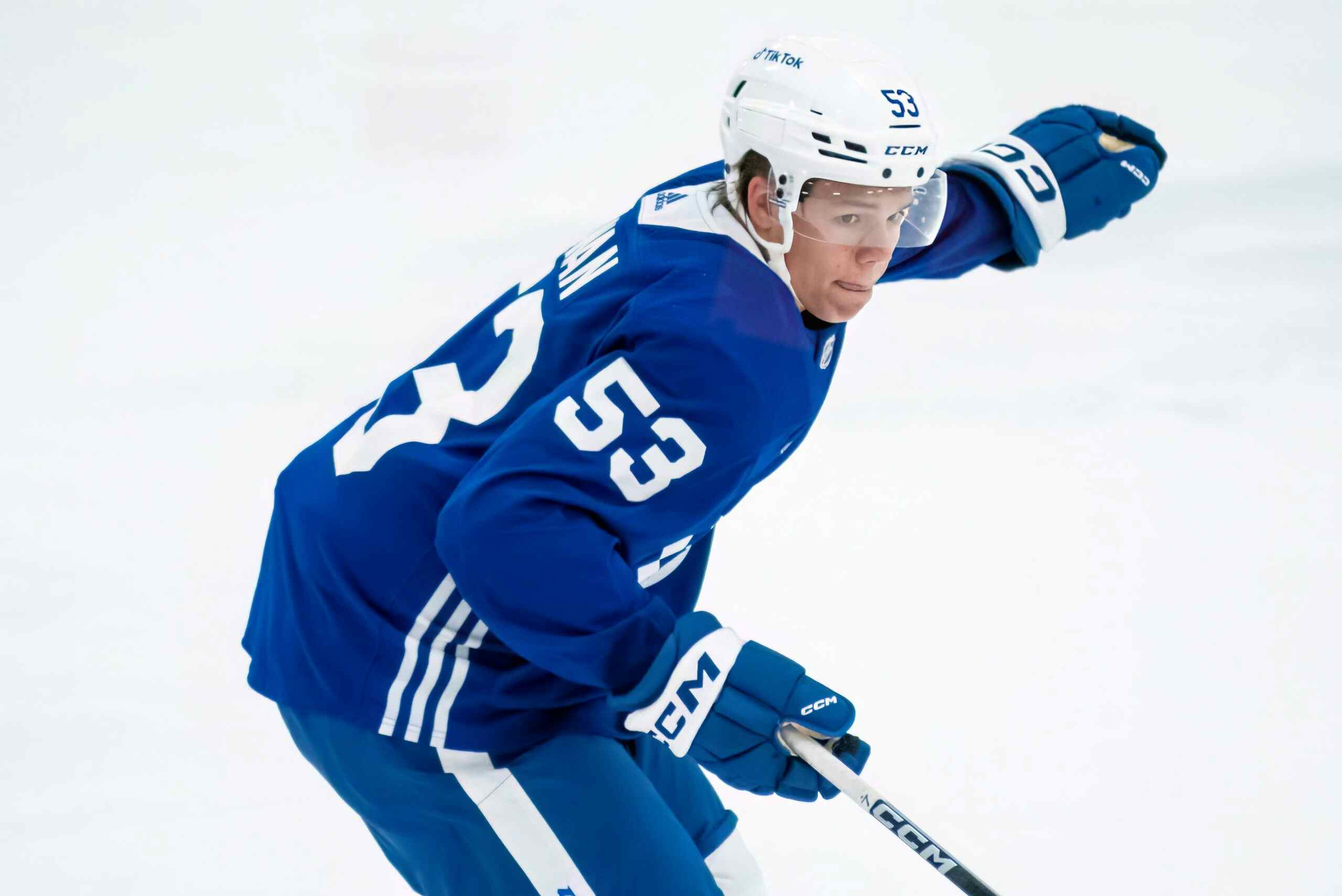Sometimes you win, usually you lose, and there’s never much control
We all keep telling ourselves that the year that breaks the trend is upon us, but once again, the Washington Capitals have taken an early exit from the Stanley Cup Playoffs. This means that, once again, 30-year-old Alex Ovechkin will have to wait at least another year before getting a significant shot at the Stanley Cup.
He’ll surely get skewered in the media. The narratives have already started once again; especially now that he’s keeping his skates on for a few more weeks to represent Russia at the World Championships. Honestly, it’s not fair to him.
Once again, the best goal-scorer on the planet had an excellent postseason, putting up 12 points in 12 games. That’s pretty par for the course for him, though; we’re talking about a guy who, after his first three playoff appearances (28 games), had the highest goals-per-game and 4th highest points-per-game in NHL history.
But Jaroslav Halak happened, and the Caps panicked. Washington had just completed their best-ever season and won the Presidents Trophy. The Great 8 had 10 points in 7 games. But his teammates couldn’t keep up with a hot goaltender and were upset in a series that went the distance.
Washington took the wrong lesson out of the experience. They concluded that their exciting, goaltacular style of play was the wrong one and that Ovechkin was too one-dimensional to succeed. Bruce Boudreau tried to make the Caps a defensive team; they took their usual early exit. Dale Hunter came in and tried to make them into a meat and potatoes team, going as far as to bench his stars in the biggest moments of big games. They took their usual early exit. Adam Oates micromanaged like a bored boss at a 24-hour fast food joint. They still took their usual early exit, and then missed the playoffs the year after.
Barry Trotz has been more forgiving and has tailored his systems and strategies around his players, rather than trying to contort his roster around himself. One again, the Caps went on a miracle run, going 56-18-6-2 to fall just one point behind that 2009/10 season. They ran into a hot goalie again in the first round, managed to push through regardless, but fell right into the path of the Pittsburgh Penguins, who have spent the back half of the season on a massive resurgence that left many of the brightest minds pegging them as Stanley Cup favourites. Last night, ex-Leafs forward Phil Kessel scored a pair of goals and helped set up Nick Bonino’s series-winning OT goal to end the series in six games.
So, what went wrong for the Capitals? You can probably find moments in games that could have been addressed better; every team hast hose. But realistically, you can write this off as a “that’s the way it goes sometimes” elimination. Just like the others, and there’s not much you can do about it.
The playoffs are a weird thing when you think about it. Teams spend three or four months trying to improve themselves in the offseason, play 82 games in 7 months to rank themselves based on their sustainable skill, and then can have their entire story flipped upside down, for better or worse, in as little as a week and as long as two months.
Why? Because we put two teams that have spent months winning more games than not against each other and say “you’ve combined to play 164 games; let’s see what you can do in 7.” A win is just another 2 points for most of the year, but a loss brings you 25% closer to death. Not every play leads to a shot, not every shot gets to the net, and fewer than 10% of those go in, but in a situation like this, the direction of the puck on one occasion can be the difference between an early exit and moving on. One player goes into the boards the wrong way or blocks a shot in the wrong area, and a team is suddenly greatly diminished in a time of need.
Sure, there’s always a team that is the favourite in a series, and an underdog on the other side. But that still means that a playoff series is a coin toss with enough weight one way to give you a good idea of the outcome, but not enough to give it any form of certainty. Your team has to win that coin toss. Four times in a row. Partially out of luck, but just as much out of the fact that somebody has to have that outcome.
Now, you might be wondering what this has to do with the Leafs.
Ovechkin has yet to win his Cup with the Capitals, but he’s not the only player to strike out with their NHL team. 591 skaters have thrown on the blue and white of the Toronto Maple Leafs since the beginning of the 1967/68 season. 199 played at least 100 games in it. 105 played at least 200, 61 played at least 300, 21 played at least 500, 6 played at least 750.
61 goalies played between the pipes in that time. Six for 200 or more games, three for 100 or more wins. 273 skaters and 26 goalies have played in the playoffs. None of them, in that time frame, won a Stanley Cup in Toronto in that timespan. None of them made it to the Stanley Cup finals. Most, like Ovechkin and his teammates that have been with the Caps their entire career, have even gone to play for the conference.
Borje Salming, Wendel Clark, Doug Gilmour, and Mats Sundin are all in the rafters for their efforts in the drought years. Despite being historical franchise cornerstones, none of them made it all the way. Salming, who played more games as a Leaf than any other player in that stretch (1099), never played in the third round of the playoffs, suffering an eye injury in the only year of his career that the Leafs got that far. Sundin, who is Toronto’s all-time points leader, pushed the Leafs to consistent success in the late 90’s and early 2000’s. So much so that Ovechkin himself became a fan of the team, a decision amplified when they acquired his favourite player, Owen Nolan, in an attempt to “go for it”.
They didn’t make it.
Kessel, who was the hero last night, was the best player that the Leafs have had since the 2005 lockout. He played just one playoff series, in which, despite people being confident that he would choke against his former team, he scored two of Toronto’s three game winning goals. He was a minute and a half away from making it a third. But then the worst post-season collapse in Leafs history came to a realization. Not even the worst team is expected to blow a 4-1 lead in 10 minutes. But it happened because anything can happen in the playoffs. The Bruins ended up two wins away from the Stanley Cup while Toronto went home after a week and a half.
While that was the expected result, the Leafs panicked and spent money on false-flag “upgrades” to make sure it never happened again. Toronto hasn’t been back in the postseason since.
Some will say that the Leafs have been cursed for nearly 50 years. Some will say that Ovechkin and his friends don’t know how to win. But if we’re honest with ourselves, as much as everybody wants to see their team win the Stanley Cup, the most dangerous thing you can do is treat a best-of-7 series as the root of your problems and attempt to make major repairs based on it.
Does this matter to the Leafs right now? Not directly. But it’s something to keep in mind if, say things don’t go the way of the Toronto Marlies in these next three games, as they zig and zag against a fellow powerhouse. They should still win, but if they don’t, it’s not an indication that the prospect pool is doomed and that the Leafs have bred a lake of losers. It’s something to keep in mind when, in a few years, the Leafs don’t necessarily go terribly far in their first few playoff pushes. Or if they inexplicably do in their first attempt.
Make your team consistently good, stay patient, and one day it will work out. Or it won’t. No matter what you do, the odds will always favour the latter, and it’s a blessing if you break through. It’s a buzzkill thing to say in a highly emotional game, but it’s reality. Washington’s day hasn’t come yet, and it’s been a long time since the Leafs have had theirs. It’ll be interesting to see who gets there first, and how they do it.
Recent articles from Jeff Veillette

